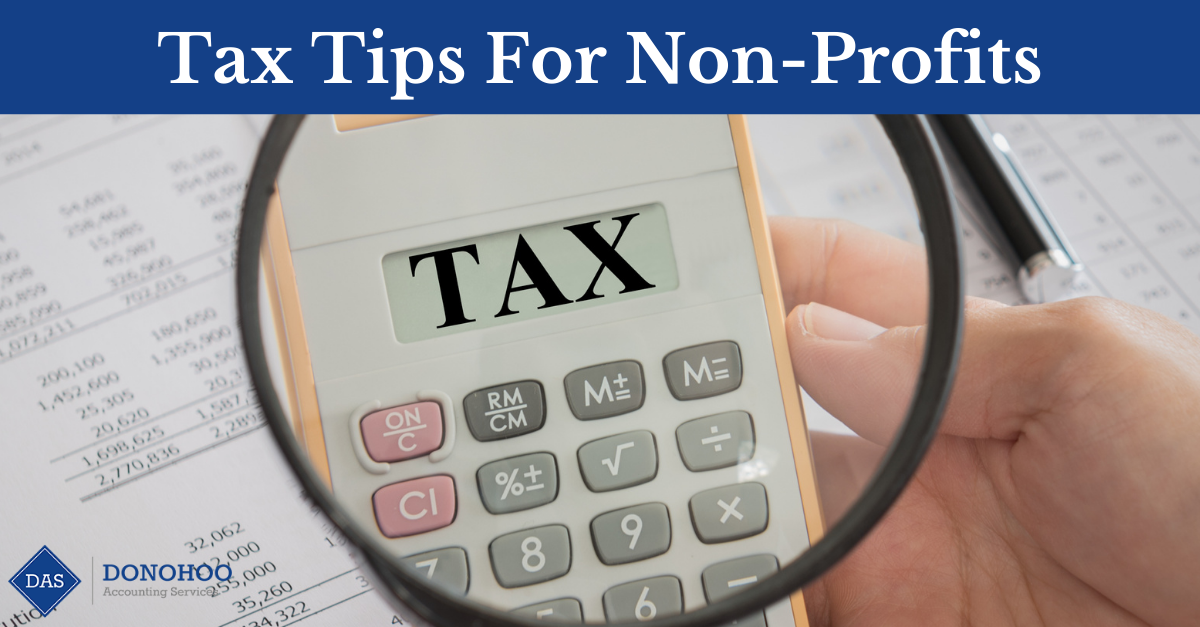Four Important Tax Tips for Nonprofits
As the close of the calendar year approaches, it may seem to be too early to start thinking about tax season. On the other hand, now may be the best time for nonprofit leaders to begin gathering the advice – and the documents – that they’ll need to maintain their organization’s tax-exempt status for 2021. These four important tips will help to get you on the right track:
Know Your Forms
Even though tax-exempt organizations don’t file taxes, most (except religious and political nonprofits) are required to annually file what’s known as a 990. However, there are four different IRS Form 990s. Which form your organization completes depends on its size in terms of its assets, gross receipts and funding sources.
- Form 990-N (now only filed electronically) is for nonprofits that take in less than $50,000 from public sources over the course of the year. The form’s eight questions make it quick and easy to file.
- Your nonprofit will file Form 990EZ only if it had less than $200,000 in gross receipts from public sources or it has a total of less than $500,000 in assets.
- If your nonprofit is a non-public tax-exempt organization, such as a private foundation that uses the resources of an endowment or other privately-funded sources, then 990-PF is the required IRS filing.
- Finally, IRS Form 990 is the form for large, established nonprofits that had $200,000 or more in gross receipts throughout the year, or if its assets total $500,000 or more.
Maintain Good Records
Having accurate records of your nonprofit’s finances are, of course, important to have throughout the year, as well as at tax time. But they aren’t the only records necessary for filing your 990. It’s also important to maintain detailed records of the organization’s structure, its board members, salaries paid, and its departmental and programming budgets.
Depending on the organization’s make-up, you may be required to file additional schedules with your 990. In addition to having this information accessible at tax time, prospective donors will appreciate your nonprofit’s transparency if it’s also available when they’re researching organizations worthy of their contributions.
Do a Double-Take
Because your annual 990 tax filing is essentially an application to retain your organization’s tax-exempt status, submitting an incomplete or incorrectly completed form may result in penalties, rejection or denial of its nonprofit standing. That’s why having someone check your work – and especially, to verify the accuracy of your records – is so vitally important.
Trust a Professional
Although software, websites and well-meaning individuals may be available to walk you through the process of completing your nonprofit’s Form 990, consider hiring a tax professional to do the job. Working with a tax professional not only saves time, but it also may save you the headache of re-filing in the new year. Donohoo Accounting Service is prepared to answer your questions before, during and after the tax-filing season. Talk with one of our accountants or schedule an appointment today by calling 513-528-3982 or contacting us via our website. Check us out on Facebook, Twitter or LinkedIn for our latest updates!












